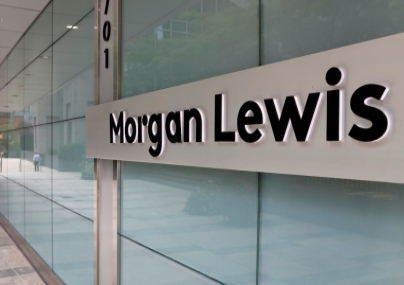By Lu Jianxin and Pete Sweeney
The Shanghai government has shortened its list of sectors where foreign investment is to be banned or restricted within the new Shanghai free-trade zone (FTZ), but the changes show only slight relaxation for foreign entrance into the Chinese markets.
A comparative study of the lists shows that the Shanghai municipal government cut the length of the 2014 "negative list" by 26.8 percent, to 139 items from 190 items in the 2013.
But the change was mostly the result of eliminating rules repeated throughout the document rather than eliminating major barriers to foreign investment in the zone, which was launched to much fanfare last year.
The "negative list" approach was originally touted as a major reform in itself, as previous lists had been full of gray areas that gave the government wide latitude to encourage or block investments on a case-by-case basis, seen as highly risky for foreign investors.
But the first version of the negative list was so long and comprehensive that the actually liberalisations it offered were seen as minimal, and most major multinational investors have held back from substantive investments in the zone, even as commercial property prices there have seen heavy speculative inflows.
Even state media has publicly criticised the Shanghai government for being too conservative in its approach after promoting the FTZ as the most significant financial reform since a zone in Shenzhen helped launch China's Reform and Opening Movement in the 1980s.
The latest rules do offer some modest relaxations on foreign investment in real estate, financing and service sectors.
For instance, a provision that restricts foreign investment in the secondary property market and in real estate brokerages was revised to allow investment in these areas by foreign companies that also have other lines of business.
A provision restricting foreign investment in investment banks, financing firms, trust firms and money brokers in the zone was removed, but it was replaced by a statement that "all investment in banking-style financial institutions must abide by existing regulations."
In the service sector, all provisions related to bans on gambling and pornography have been abolished, but the abolition does not mean that such businesses are now allowed in the FTZ, as such activities are already illegal nationwide and dealt with by the criminal code.
Some excessively detailed provisions, such as those related to how Hong Kong and Macao companies should invest in publishing, print material distribution and book chain stores have also been deleted, among other changes.
China set up the Shanghai FTZ last September to test ambitious plans for reforms in the country's currency, interest rates, trade and industry policies.
The central government has permitted limited capital account opening and eased restrictions on offshore lending in the zone,
and Beijing has said reforms in the zone will be experiments that are aimed to be copied to larger Chinese regions and eventually throughout the country.
In the first such duplication, China expanded a pilot program on foreign exchange deposit rates from Shanghai's FTZ to all of Shanghai last week.
But economists have repeatedly warned that such financial liberalisation, if contained within the zone, do not constitute useful tests of how the policy would work throughout the country.
Using the FTZ as a "test bed" for deep policy changes interest rate liberalisation, for example, is a waste of time as its success or failure in the zone will not be indicative.


